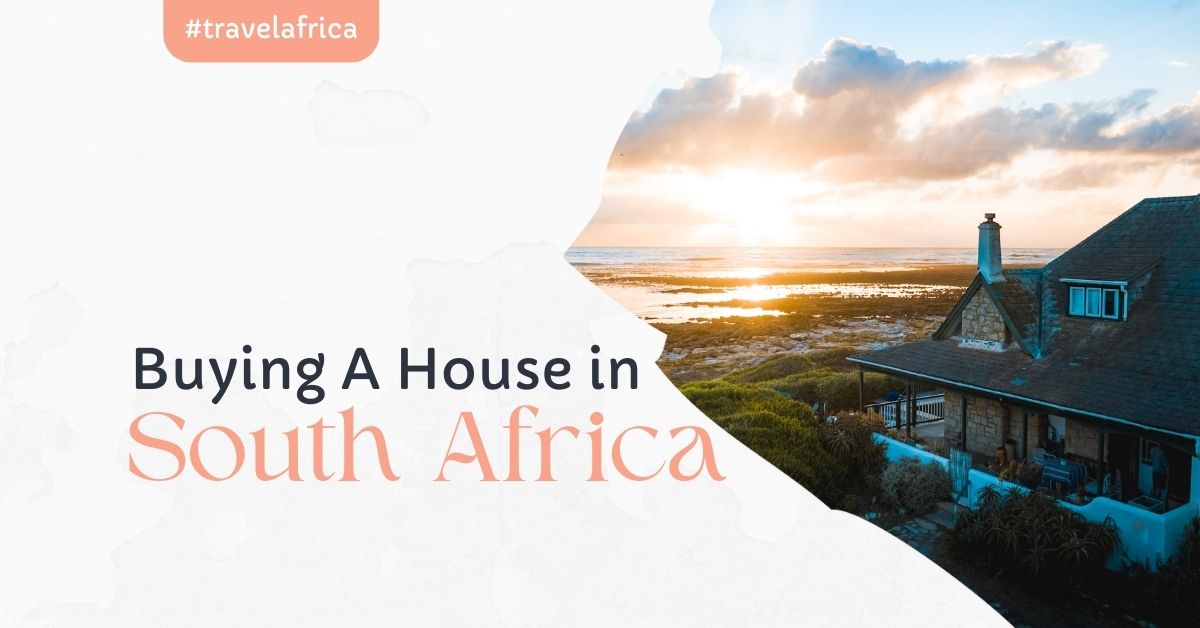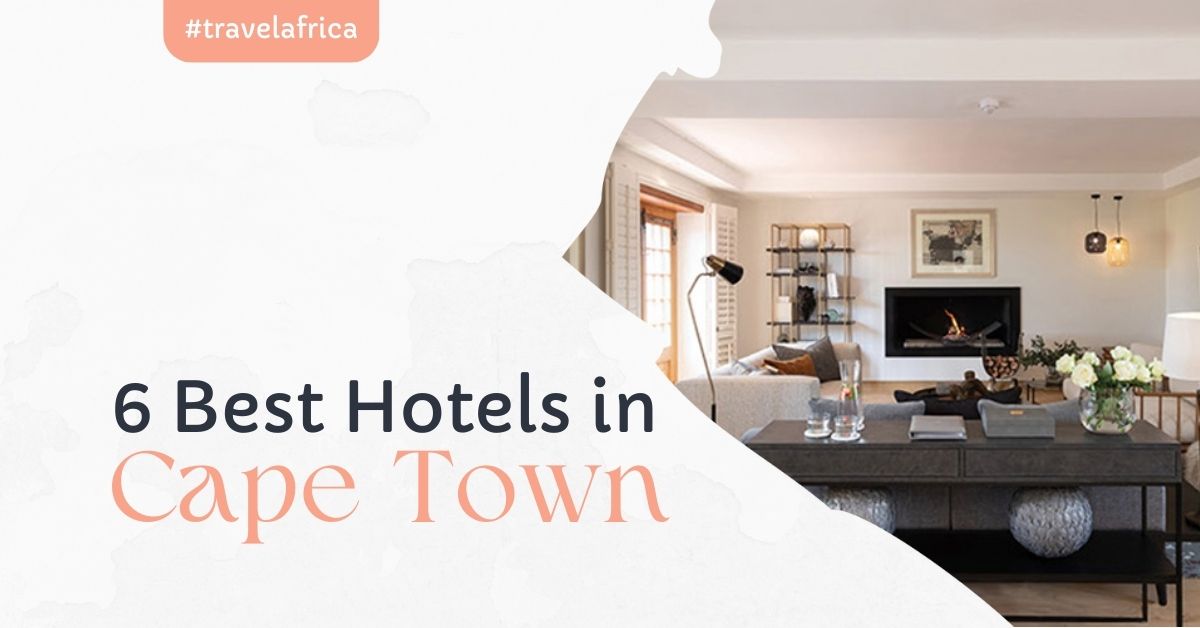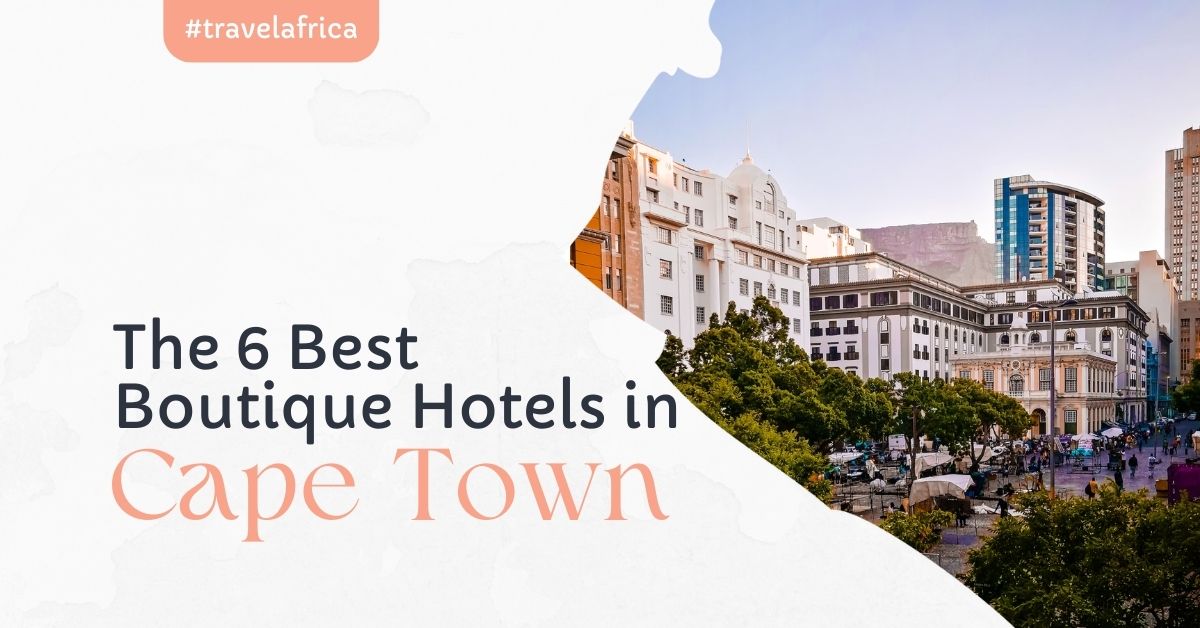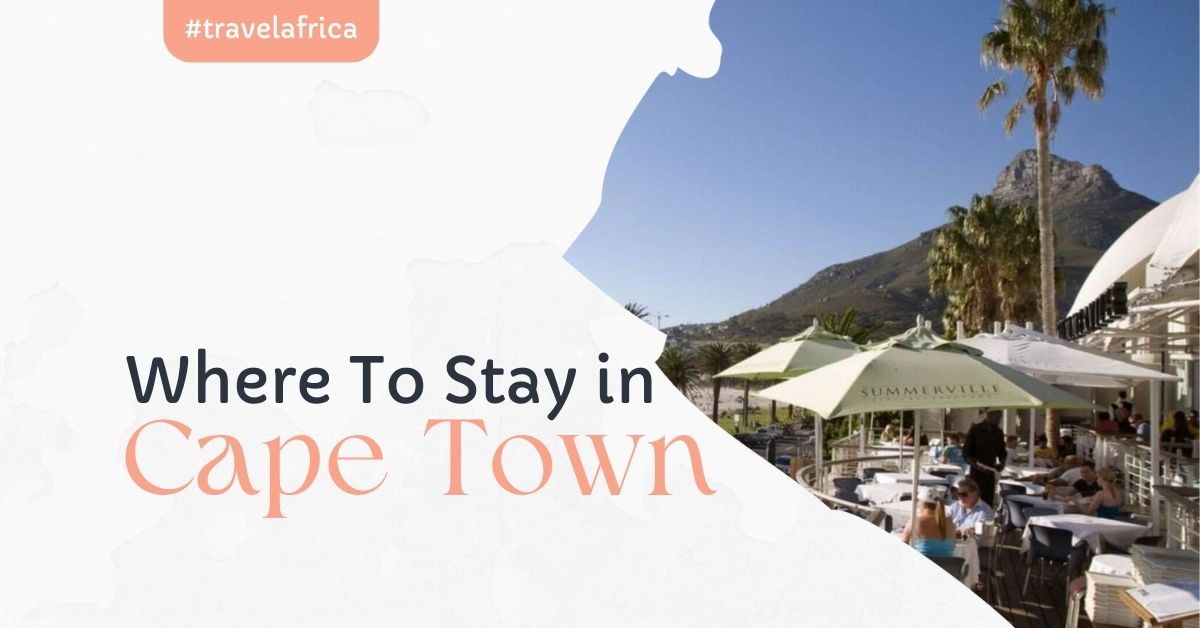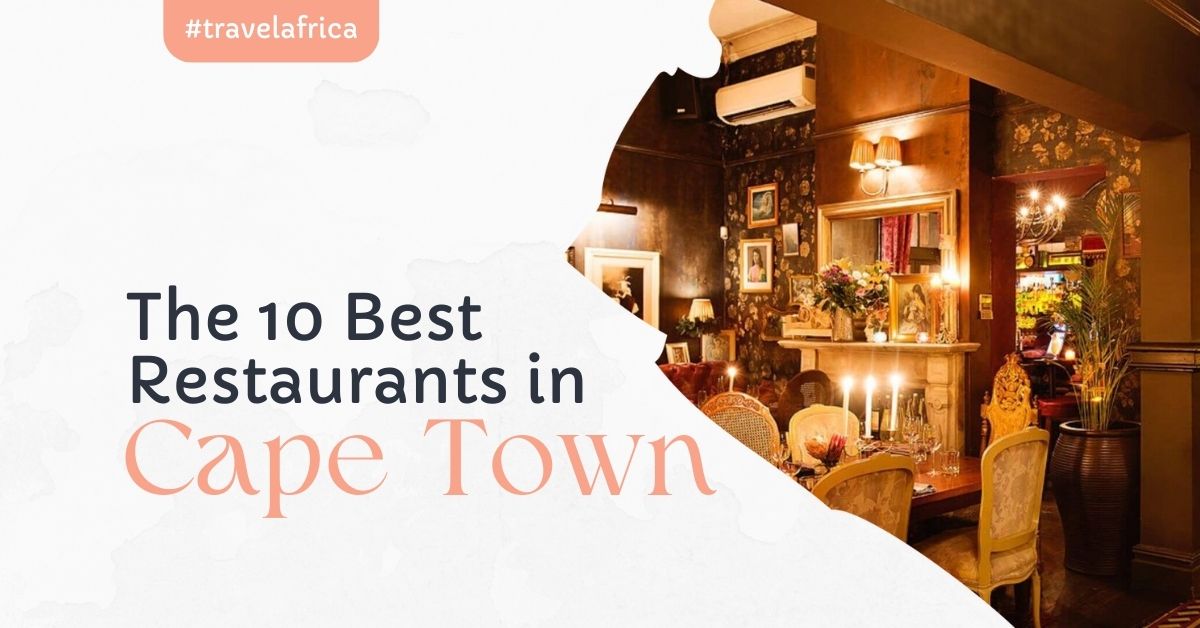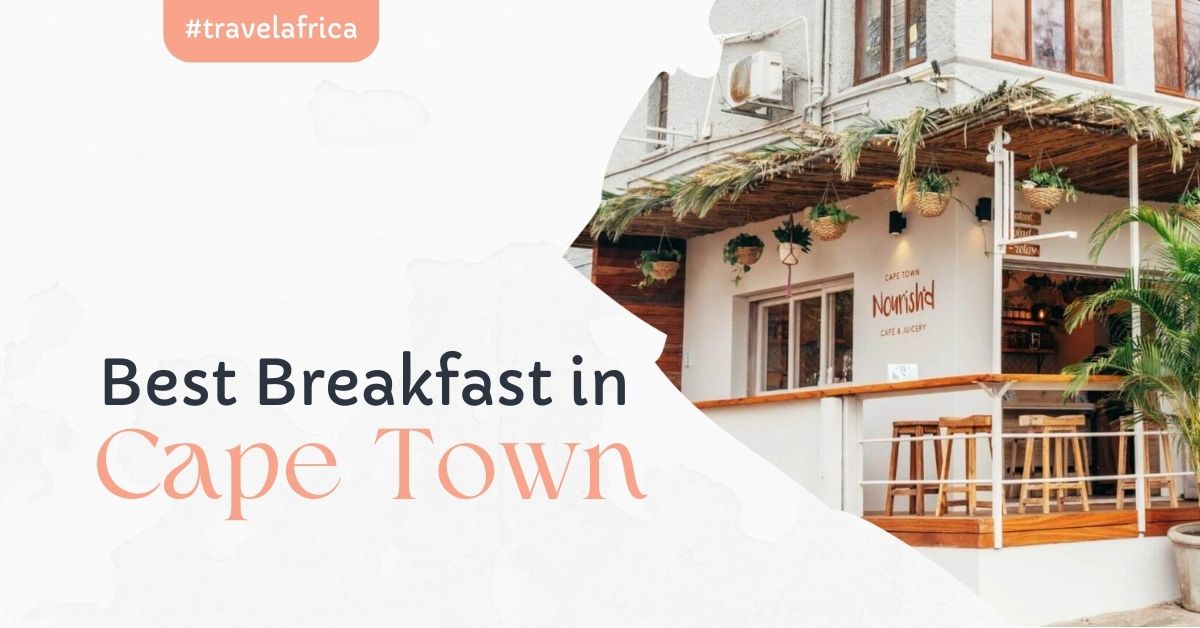Purchasing property is one of the biggest investments you’ll ever make.
While the process is exciting (and daunting), ensuring you’re prepared to buy a home in South Africa is important. Whether you’re a first-time buyer, or an expat looking to settle in South Africa, this article will tell you everything you need to know!
Table of Contents
Financial Readiness
The process of buying a house starts with making sure you’re financially prepared. After all, it would be horrible to find a home that you love but can’t afford. Here’s what you need to know.
Affordability and budget
Financial readiness starts with setting a budget to determine what you can afford.
When you purchase a property, you should be able to comfortably cover your current expenses as well as your monthly mortgage payments. The common guideline is the 30% rule.
What this means is that your mortgage repayments shouldn’t be more than 30% of your gross monthly income.
Let’s look at an example:
Let’s say my gross income is R30,000 a month. 30% of that would be R9,000. So, I wouldn’t want to pay more than R9,000 a month towards my mortgage.
Of course, that doesn’t take into account interest rate changes. Also, you’d still have to look at bond registration, transfer fees, and home insurance. But, determining a rough guideline for what you can afford monthly is a good place to start.
Credit record
Unless you’ve been saving every penny you’ve ever earned, you’ll probably need to apply for a home loan. To do that, you’ll need to make sure you have a good credit record.
Banks look at your credit score to determine how much of a risk you would be to lend money to. After all, they need to make sure that you will pay your loan back. Banks will then use this risk to determine how much you could get for a home loan. That also influences your bond registration and bond repayments.
The bank will run a check on your credit record to see how eligible you are. However, you can run one before applying too. Websites like MyCreditCheck and ClearScore allow you to check your credit record for free.
Credit scores are marked on a scale, which generally ranges from 300 to around 800 (this can differ depending on the bank or platform you use). The general rule is that the higher your score, the better. So if your score is low, I’d recommend trying to improve it before buying a house in South Africa.
Deposit
Putting down a deposit is your way of showing that you’re committed to purchasing your new property.
Most sellers expect a 10% deposit, but if you have a rental agent, you may be able to negotiate this cost.
Apart from showing your commitment, providing a deposit also helps reduce the loan you would need to borrow from a lender, which would make your monthly bond repayments lower. The bank may also offer you a better interest rate.
For example, if the house I am looking at buying costs R1,000,000 and I am required to pay a 10% deposit, I will pay R100,000 to secure the house. This means that I’ll only need to borrow R900,000 from the bank.
Lastly, butting down a deposit on a house can also help build equity (the difference in cost between your home’s value and the amount you owe on your mortgage).
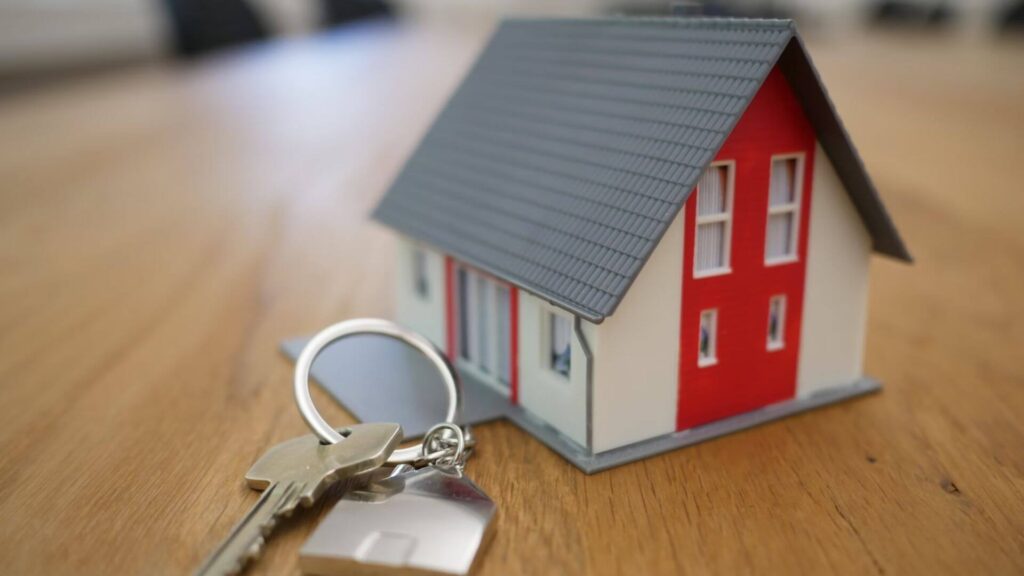
Understanding South Africa’s Property Market
Like any other country, property purchases in South Africa are influenced by various factors.
Seasonality
Seasonality is a common value factor in the home-buying process. In South Africa, summer is considered the peak selling and buying season.
During this time of year, lawns are at their greenest, gardens are in bloom, and houses are full of light. And the way real estate agents sell homes is by selling experiences. Being able to smell freshly cut grass and walk through the home as light streams in is going to give buyers a better feel of the home, making it easier to sell.
Because summer in South Africa generally runs from December to March, buyers are more inclined to purchase before the new year starts. This allows them to have time to move in before schools and offices reopen after the festive season.
However, what this means for buyers is that demand for property is high in summer. Properties tend to sell more quickly and prices can increase when there are multiple offers for a house.
Cities vs outlying areas
Another big influencing factor is the location of the house itself.
Purchasing property in and around cities tends to be more expensive. Part of that is because of the popularity of these areas. Another thing to consider is safety and security in the city versus the suburbs.
That being said, properties in these areas tend to be a lot smaller. A house in an outlying area may cost around the same amount as a flat in the city.
Finding Your Dream Home
Now that you understand the best season to buy, and your finances are in check, it’s time to start looking for your dream home.
Hiring a reputable estate agent
One way you can start is by hiring well-known real estate agents. Take a look at customer reviews and make sure your chosen estate agent has expertise in the property type and areas you are looking to move to. Some agents may specialise in flats in the city, while others may family homes in outlying areas.
Working with real estate agents is a great way to fast-track the process. But just be wary. Property is a tough industry, and a real estate agent will work hard to sell you a property – even if it’s not the best time financially or the best fit for your needs.
Look out for the terms “buyer’s market” and “seller’s market”.
A “buyer’s market” means that supply is high and demand is low. This is the time when the purchase price goes down, making it the ideal time to buy a home.
A “seller’s market” means that demand is high and supply is low. In this case, the purchase price goes up, so it’s best to hold off on buying a property during this time.
Researching properties
Before you start viewing homes, you should spend some time researching the properties. Doing a property search cuts down on the number of houses you have to visit and makes the home-buying process faster.
Websites like Property24 are full of listings, and you can filter houses to find the right fit for you.
Considerations for expats and foreign buyers
If you’re an expatriate or a foreign buyer, you’ll need to qualify for a visa that allows you to live and work in South Africa. On top of that, you won’t be able to buy a home if you have a criminal record.
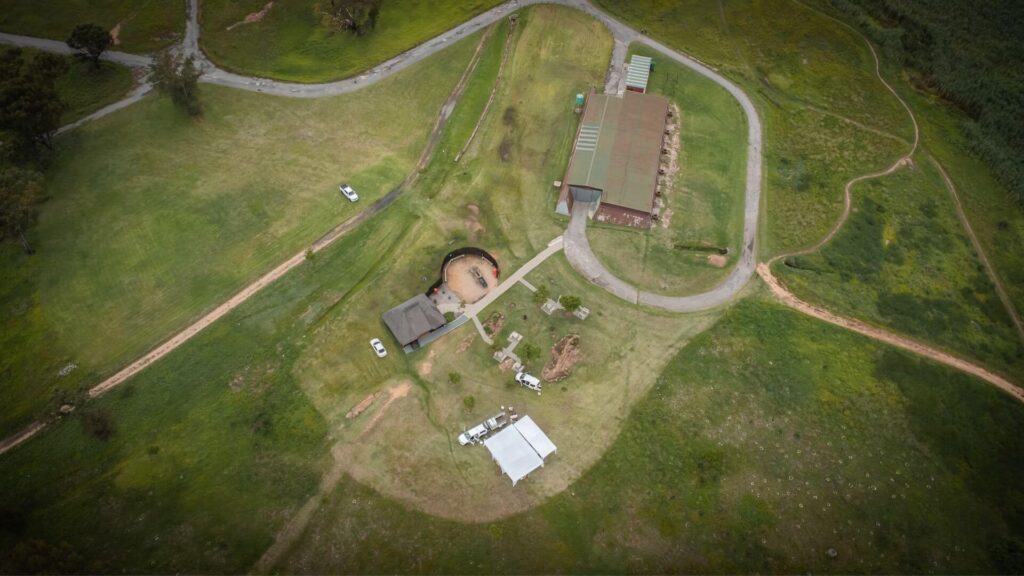
Making An Offer
Once you’ve found your dream home, it’s time to make the sellers an offer they can’t refuse. The steps in the process of purchasing property are as follows:
- Get prequalified for a loan from a bank
- Get advice from an estate agent
- Be accommodating during the negotiation process
- Make sure you have some contingencies in place (like home inspections) before you buy
Bond registration
The bond registration and transfer process takes a minimum of 3 months. Here’s a breakdown of the process:
- You’ll have to sign an offer to purchase.
- You then have to pay the deposit.
- Once that’s done, you have to register and get approved for the bond.
Legal Requirements
Buying a house in South Africa has a couple of legal requirements:
- Offer to purchase (OTP)
- Home loan approval
- Transfer Duty
- Conveyancing
- Compliance certificates
- Rates and Tax clearance certificates
- Bond registration (handled by a bond attorney)
- Homeowners Insurance
On top of that, foreign buyers also need to keep the following in mind:
- Exchange control regulations
- Non-resident bank account
- Foreign investment allowance
- Immigration status
- Repatriation of funds
The parties
There are a couple of people involved in this process, namely:
- The seller
- The estate agent
- The buyer (that’s you)
- The transfer attorney (appointed by the seller)
- The bond attorney (appointed by the bank that’s granting the bond)
- The cancellation attorney (appointed by the seller’s bank to cancel their existing bond)
That’s a lot of people.
Securing A Home Loan
Getting a home loan is one of the most important steps in purchasing property in South Africa. I’ve broken down everything you need to do to secure a home loan.
The process
To secure a home loan, you’ll need the following documentation:
- An OTP
- Identity document (ID)
- Your latest payslip
- 6 months of consecutive payslips if you work on commission or earn overtime
- 3 months of bank statements
Once you’ve applied, you’ll usually have to wait around a week to hear back to see if your loan has been accepted. However, it may be longer if you fail to meet certain requirements.
Comparing mortgage options
Mortgages can be broken into fixed-rate and variable-rate interest options.
Fixed-rate mortgages are set at a fixed interest amount per month for the duration of the mortgage term (usually 2, 3, or 5 years).
Variable-rate mortgages change according to changes in interest rates. They are more flexible as the rate can go up and down each month (meaning you may pay more or less each month on your repayments). However, the payments are never consistent.
When purchasing property, take some time to think about whether or not you want a fixed-rate or variable-rate mortgage. Chatting with a reputable mortgage broker can help guide your decision.
Title Deed Registration
Once the loan and the payment have gone through, you’ll have to secure a title deed.
A title deed is a legal document that proves ownership of a piece of land. You’ll need the help of a conveyancer to help transfer the title deed into your name.
You’ll also have to visit the deeds office to register the property in your name. This is an important step because if you don’t have a title deed, you have no way of proving the home is yours.
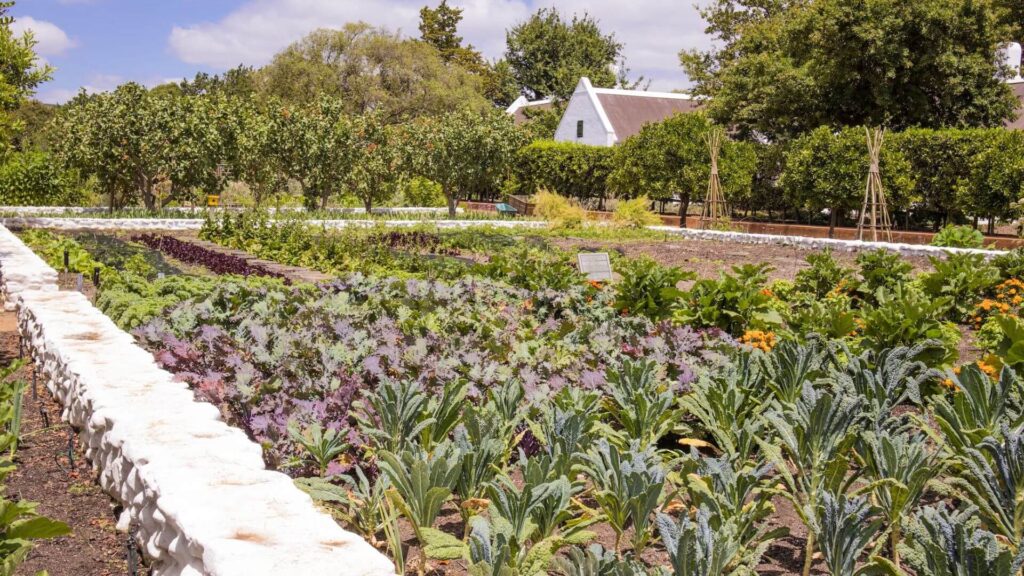
Insuring your new home
The last thing you need to do is to get insurance for your home.
Buildings and contents insurance
Buildings insurance covers the house’s structure and permanent fittings.
Contents insurance covers goods within the house that aren’t covered by building insurance.
Home loan protection plans
Home loan protection plans cover the cost of the home loan if something happens that stops you from being able to pay the home loan back for any reason. For example, if you lose your job, this insurance will cover your monthly repayments.
Comparing insurance providers and plans
Just like you searched to find the perfect property, you should spend some time looking around at different insurance providers to see which plans fit your needs best.
FAQs
What salary do you need to buy a house in South Africa?
The minimum salary needed to buy a home in the Western Cape is around R22,600.
In Gauteng, it’s around R20,00.
And in the Eastern Cape, it’s around R12,600.
Can I buy a house without a deposit?
Yes, you can buy a house without a deposit! Some South African banks can give you a 100% home loan. This means that you can fund a house’s purchase without having a deposit.
Is it cheaper to build or buy a house in South Africa?
It’s around 20-30% more expensive to build a home in South Africa. So, buying a house in South Africa is cheaper than building one.
Where are houses most expensive in South Africa?
The most expensive house in South Africa is in Camps Bay and costs around R440 million. That being said, Clifton is the most expensive area to buy property in South Africa.
